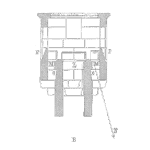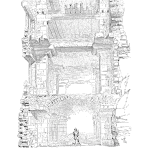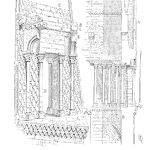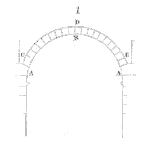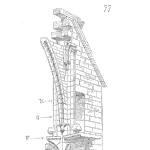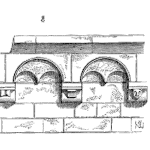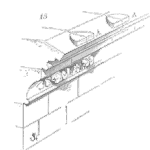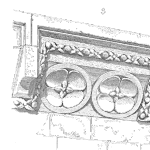
Guest Post By: Luis Daniel Khalil
Condition monitoring can help to predict failures and anticipate to them, however it doesn’t always work like this — in the best case scenario we might be able to identify early phase failures or incipient stage of damage mechanisms or failure mechanisms, but if we use it in the wrong manner it will just be a reactive tool.
More than 80% of the failure modes could be randomly patterned. Although performance, vibration, temperature or lube oil condition are being monitored, many of the failures are still not directly predicted by only these conditions. [Read more…]
